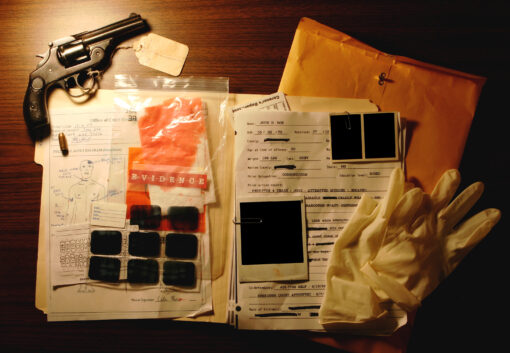
Given that the prosecution has the majority of the information and power in a criminal case, as well as the decision to charge the defendant, this makes sense. In a criminal case, the majority of the evidence, such as police records, witness testimony, recordings, DNA analysis, and images, will be provided by the state. The defense may, however, be able to introduce its own evidence in any criminal case. In that case, is the defendant compelled to give over evidence to the prosecution?
Keep reading to get the answer to this question. If you have additional questions, or require a consultation with a Buena Park criminal defense attorney, contact Chambers Law Firm at 714-760-4088 today.
Yes, the evidence must be turned over – in some cases
According to a Buena Park criminal defense attorney, the answer is yes — but only under certain conditions. California law, in contrast to prosecutors’ broad discovery responsibilities, compels defendants to provide the following information to the prosecution:
- Names and addresses of any non-defendant witnesses he or she intends to call at trial
- Any written or taped statements made by any of these potential witnesses
- Any expert reports that the defendant wishes to offer in court, including the results of physical or mental examinations, scientific tests, experiments, or comparisons
- Any genuine evidence that the defendant plans to submit at trial via their Buena Park criminal defense attorney (tangible objects, like a knife or a piece of clothing)
The purpose of these rules is to avoid catching the jury off guard throughout the trial. To put it another way, the prosecution should be aware before the trial that the defendant has an expert witness who will testify that the state’s DNA test was erroneous and that he could not have contributed to the DNA sample in question.
This also has the effect of enticing parties to settle before going to trial. If the prosecution is given the chance to examine a report from a different expert witness, for example, they may opt to reexamine their case, and the charges against the defendant may be reduced or dismissed.
Request a free consutlation with a Buena Park criminal defense attorney
The defense’s need for evidence disclosure is not as extensive as the prosecution’s. This guarantees the defendant a fair trial and due process. Furthermore, if the prosecution fails to turn over evidence in accordance with the law, the defendant has the right to file a motion to compel production of evidence, which could result in a reversal of the conviction.
If you’ve been charged with a crime, you’ll want to hire a lawyer who is familiar with California law, as well as how the disclosure regulations apply to your case. Dan E. Chambers has worked as both a prosecutor and a private criminal defense lawyer. He uses his knowledge and experience to help his clients achieve the best possible results in their disputes. Contact the Chambers Law Firm at 714-760-4088 or dchambers@clfca.com to schedule a free first consultation.




